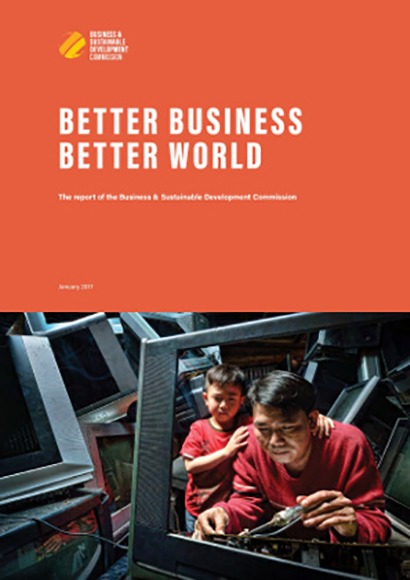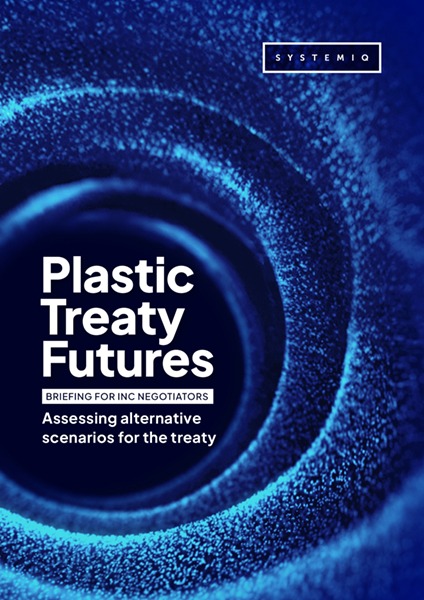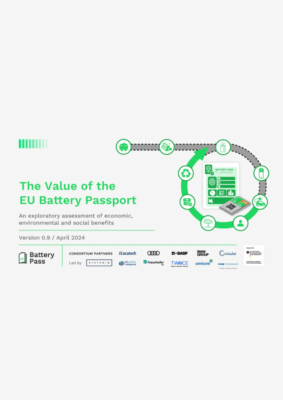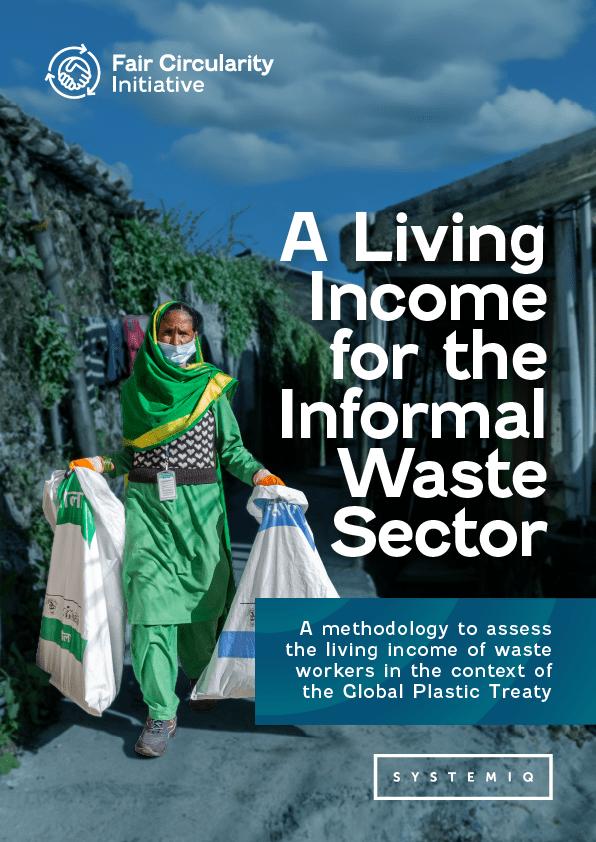The report “Better Business, Better World”, overseen by the Business and Sustainable Development Commission with strategic content and secretariat support provided by SYSTEMIQ and the UN Foundation, reveals 60 sustainable and inclusive market “hot spots” in four key economic areas that could create at least USD 12 trillion, worth over 10% of today’s GDP.
The breakdown of the four areas and their potential values are:
- Energy: USD 4.3 trillion
- Cities: USD 3.7 trillion
- Food & Agriculture: USD 2.3 trillion
- Health & Well-being: U SD 1.8 trillion
The report identifies “Global Goals hot spots” which have the potential to grow 2-3 times faster than average GDP over the next 10-15 years. Beyond the USD 12 trillion directly estimated, there is a potential for additional USD 8 trillion of value creation if companies commit to the Sustainable Development Goals in their strategies. Factoring in the cost of externalities (negative impacts from business activities such as carbon emissions or pollution), the reports show that the overall value of opportunities increases by almost 40%.
“The Global Goals provide a sustainable, profitable growth model for business, and have the potential to trigger a new competitive ‘race to the top’. The faster CEOs and boards make the Global Goals their business goals, the better off the world and their companies will be.”
— Jeremy Oppenheim, Programme Director of the Commission and co-founder of SYSTEMIQ
At the same time, the Commission believes a “new social contract” between business, government and society is essential to defining the role of business in a new, fairer economy. The recently released 2017 Edelman Trust Barometer reinforces this idea. It shows that while CEO credibility is sharply down, 75% of general population respondents agree that “a company can take specific actions that both increase profits and improve the economic and social conditions in the community where it operates.” And they can do so in ways that align with recommendations and actions outlined in Better Business, Better World: rebuilding trust by creating decent jobs, rewarding workers fairly, investing in the local community and paying a fair share of taxes.
“At a time when our economic model is pushing the limits of our planetary boundaries and condemning many to a future without hope, the Sustainable Development Goals offer us a way out. Many are now realizing the enormous opportunities that exist for enlightened businesses willing to stand up and address these urgent challenges. But every day that passes is another lost opportunity for action. We must react quickly, decisively and collectively to ensure a fairer and more prosperous world for all.”
— Paul Polman, CEO of Unilever and Commissioner
Throughout 2017, the Commission will focus on working with companies to strengthen corporate alignment with the Sustainable Development Goals, including: mentoring the next generation of sustainable development leaders; creating sectorial roadmaps and league tables that rank corporate performance against the Global Goals; and supporting measures to unlock blended finance for sustainable infrastructure investment.




